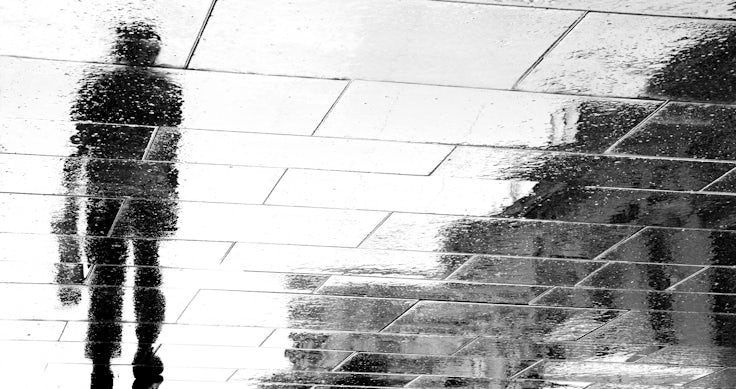Why AI could be the best thing to happen to marketing
AI has moved far beyond being a novelty, becoming the catalyst for a creative renaissance in marketing.

Once viewed mainly as a tool to streamline workflows and automate routine tasks, AI is now empowering marketers to think bigger and innovate boldly. At MediaPost’s Email Insider Summit, this urgency came into sharp focus: 85% of business leaders say they have less than 18 months to deploy an AI strategy, or they will see negative business effects. But this isn’t just about efficiency – it’s about unleashing unprecedented creativity and unlocking innovations that were once beyond imagination.
We’re living in a moment where campaigns are conceived and executed in hours instead of weeks. Insights that once took days to surface are now derived in moments. Most importantly, marketing teams are regaining the freedom to focus on delivering meaningful impact. Data shows that half of marketing teams already use AI to handle repetitive processes, while just as many embrace it as a tool to sharpen their strategic thinking and decision-making.
AI in marketing is no longer just about automation – it’s about reigniting creativity and transforming how ideas come to life. Marketers who see AI as more than a tool for efficiency are setting the standard. They recognise its ability to elevate human ingenuity rather than overshadow it.
Generative AI is just the start
While nearly 60% of marketing leaders applaud AI for streamlining operations and reducing costs, its true strength is in freeing up time and mental space for creativity. By taking on routine tasks, AI empowers marketers to focus on what they do best: crafting compelling stories, connecting with audiences and delivering personalised experiences – all with unmatched speed and accuracy.
For Citi’s CMO Alex Craddock, AI is reshaping marketing by amplifying human creativity, not replacing it. At Citi, the focus is on three key areas: content creation, personalisation and validation.
“Yes, you’ve got regulations, rules and guidelines that you have to work with, [but] they shouldn’t stop you from thinking with a vision,” Craddock shared. He stressed the irreplaceable role of creativity and human insight, warning: “The magic is in humans, and I think if we forget that, we will end up in a dreadful world where bots are speaking to us all the time.”
The heart of this system is not AI – it’s the people.
Eileen Mannion, Google
At Google, Eileen Mannion, UK vice-president of marketing, emphasises how marketers can now use the time saved by AI to apply insights strategically and differentiate in a crowded market. Even experienced creatives no longer need to face the blank page alone, thanks to AI-powered tools.
“The heart of this system is not AI – it’s the people,” says Mannion. “These tools unleash creative potential across entire teams. Our creators and writers bring taste and curation, while AI adds speed and scale, enabling us to co-create with users in real time. Now, we’re seeing marketers from all backgrounds ignite new ideas and move at the speed of culture.”
Meanwhile, Victoria’s Secret uses AI to elevate its email marketing strategy with tools like Da Vinci by Movable Ink. The brand delivers campaigns tailored to individual customers, fostering stronger connections and building loyalty. “It’s helping us put the customer at the heart of everything,” says Lindsay Massey, VP of marketing. By anticipating customer needs, Victoria’s Secret showcases how AI-driven marketing can feel deeply personal rather than detached.
The creative renaissance in action
AI is reshaping marketing into a hub of creativity. As AI continues to evolve, its role in marketing will only grow more significant. It’s not just a tool for efficiency – it’s the catalyst for a creative renaissance. AI is unlocking a new era by enabling teams to think bigger and act faster. This is marketing, reimagined. With AI at the helm, creativity isn’t just preserved – it’s unleashed to its fullest potential.
Alison Lindland is CMO at Movable Ink.






